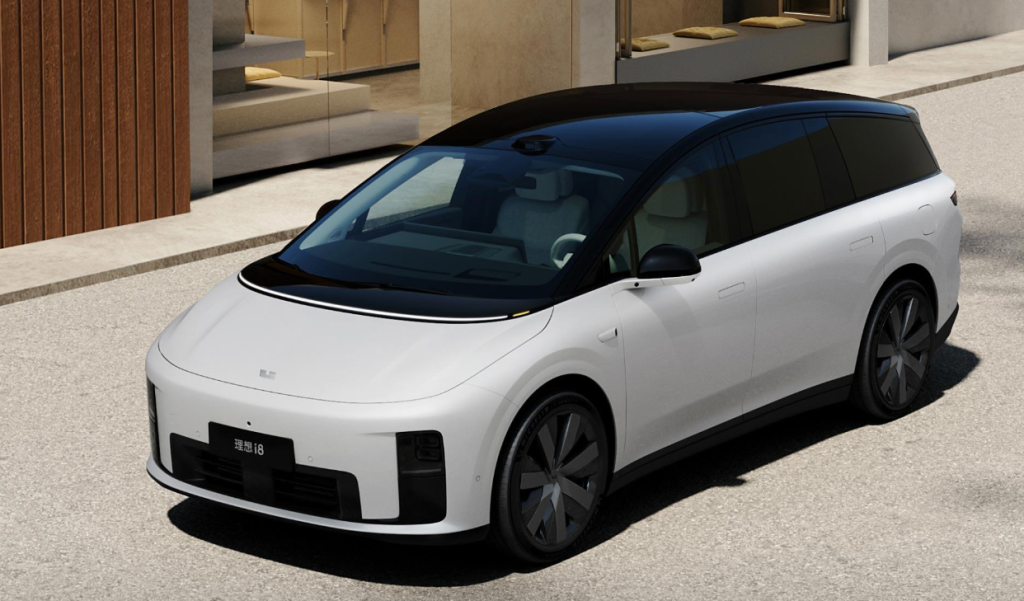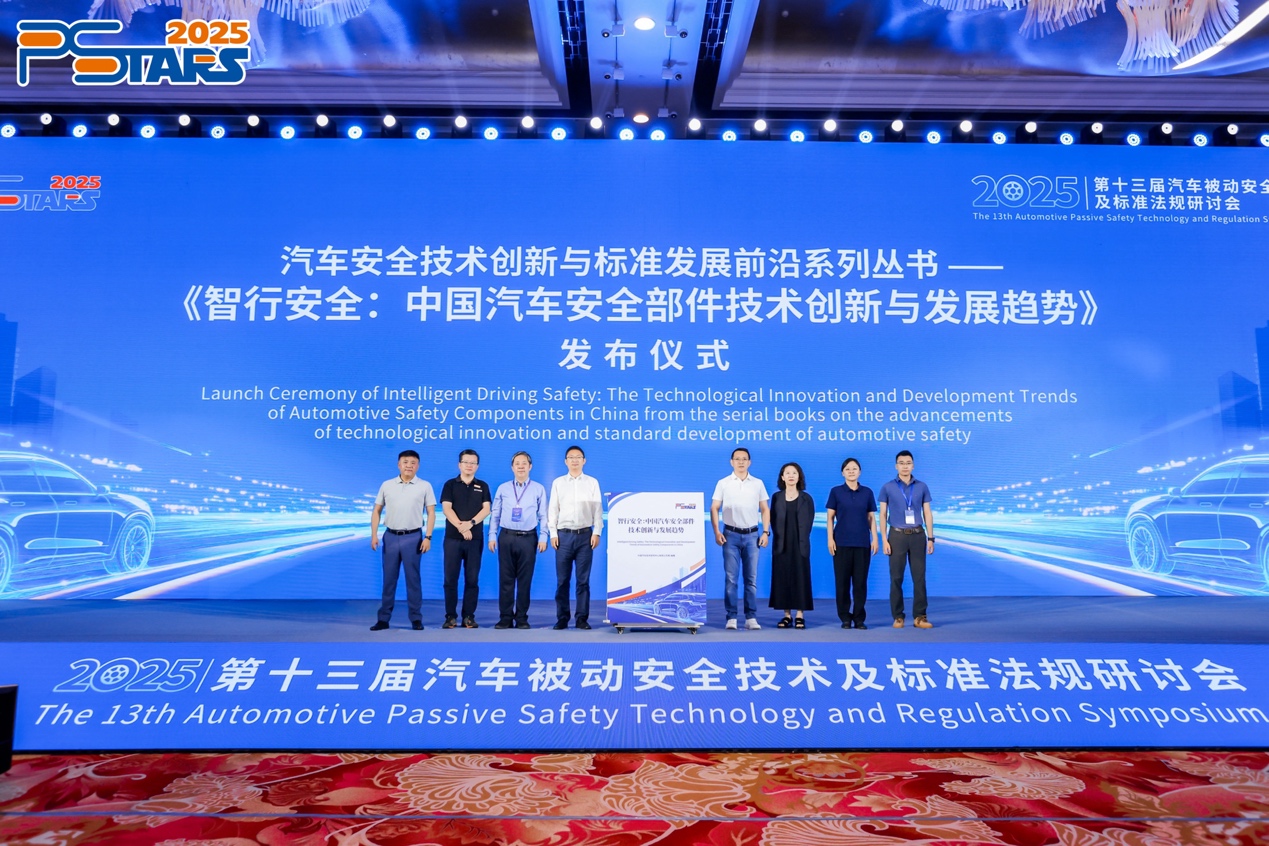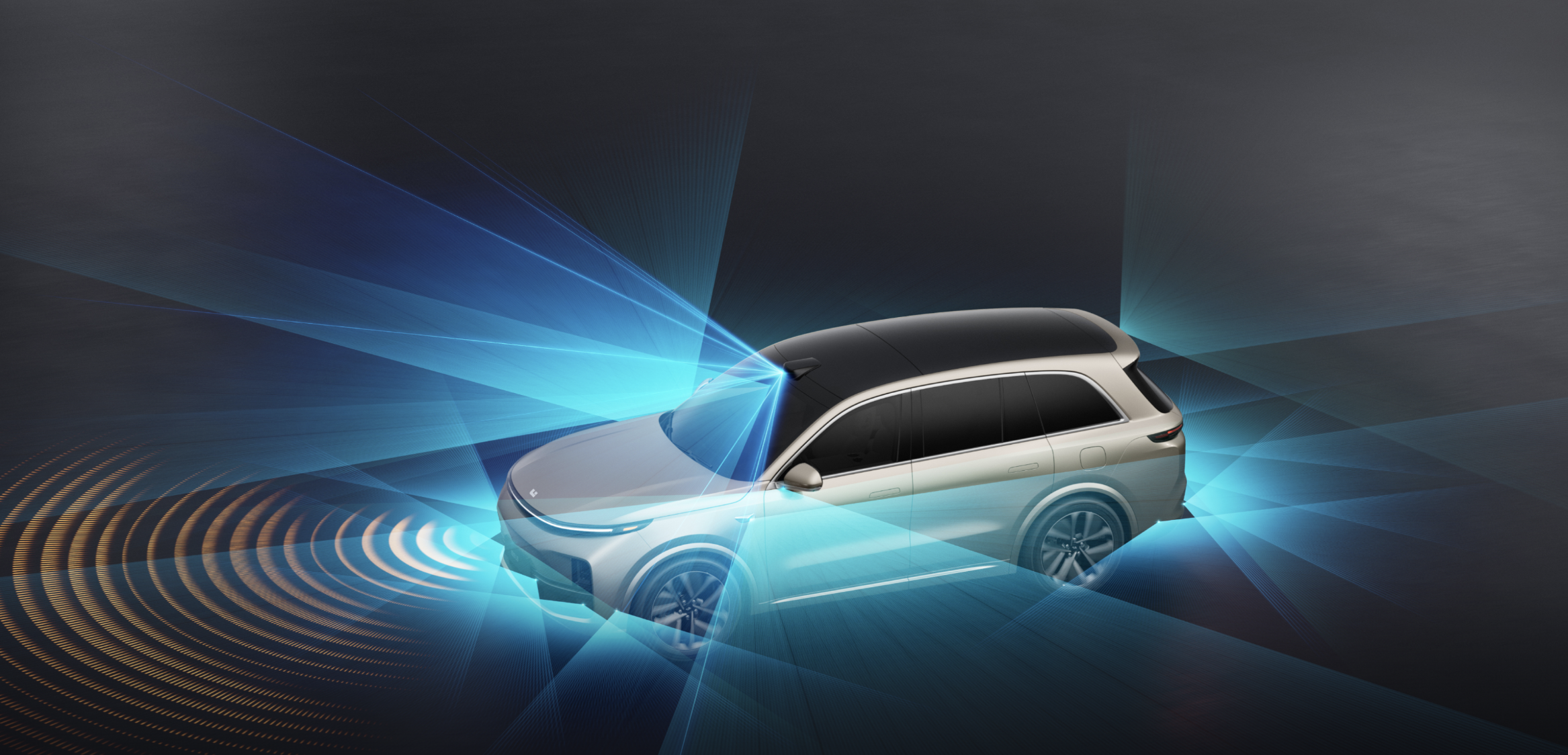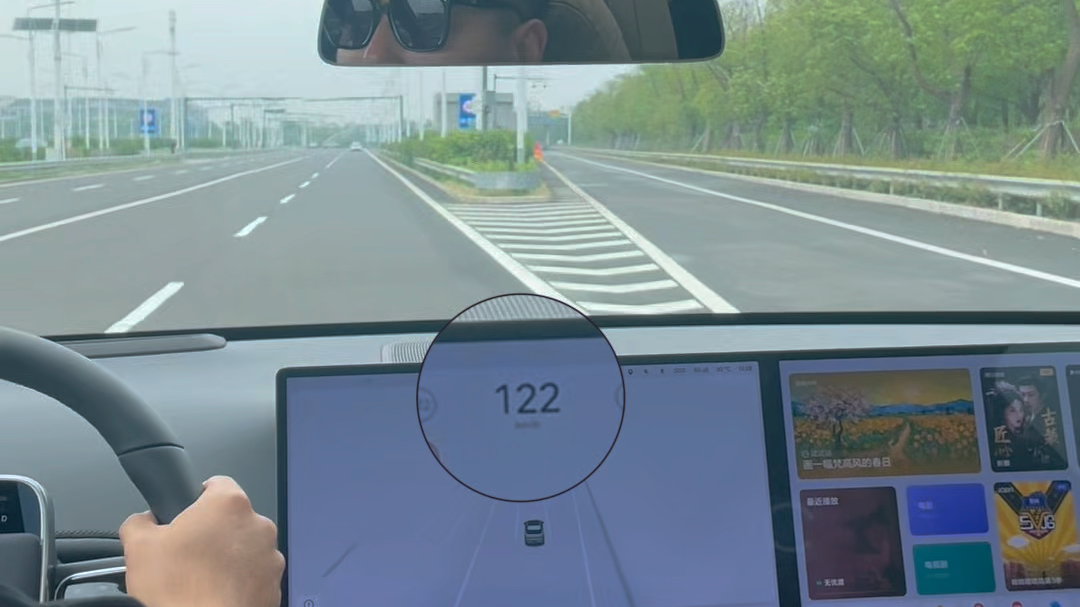
Ideal i8 shoulders the heavy responsibility of increasing the sales volume of Ideal's pure electric vehicles.

Ideal i8
On the evening of July 29th, Li Auto officially launched its first pure electric SUV, the Li Auto i8. The new model comes in three trims, priced between 321,800 and 369,800 yuan, similar to the range-extended Li Auto L8. Test drives of the i8 begin today, with deliveries set to begin on August 20th.
At the press conference, Li Xiang, CEO of Ideal Auto, stated, "This year marks the 10th anniversary of the founding of Ideal Auto. Over the years, we have created a number of unique products, some of which have quickly gained consensus with users and the industry, such as refrigerators, color TVs, large sofas, and 6-seater SUVs. We have also developed some more complex key technologies and products that took a long time to build consensus. These were initially met with low expectations and even skepticism, such as the extended-range electric vehicle with 5C charging and the MEGA's styling."
He bluntly stated that the Ideal MEGA had faced enormous challenges, "the biggest smear campaign in automotive history." In 2024, MEGA sales fell short of the company's expectations. However, with the launch and delivery of the new MEGA HOME, sales have gradually increased. Li Xiang explained that the MEGA has now become the "sales champion of all pure electric vehicles priced above 500,000 yuan" in the Chinese auto market.
In fact, Ideal Auto originally planned to release the i8 model in 2024, but because the Ideal MEGA did not meet expectations, Ideal Auto quickly adjusted the release rhythm of its pure electric products. During the first quarter earnings call, Li Xiang also revealed that another pure electric model, the Ideal i6, will be released in September.
Unlike the MEGA, the Ideal i8, as an SUV, shoulders the responsibility of driving incremental sales for Ideal Auto. Its six-seat layout and spacious interior maintain Ideal Auto's advantages in meeting family travel needs. However, competition in the current pure electric SUV market is fierce, and Ideal not only faces established players like Tesla, but also faces a certain degree of competition from the popular Xiaomi YU7.
At the beginning of this year, Ideal Auto also revealed that the company's goal is to enter the first tier of the high-end pure electric market within three years.
Galaxy Securities believes that the market segment in which Ideal's pure electric products are located is still a blue ocean. According to data from the China Passenger Car Association, from January to May 2025, the retail penetration rate of new energy vehicles in the price range of 300,000 yuan to 400,000 yuan was only 38.2%, significantly lower than the overall market level of 49.4%. The passenger car market of 300,000 yuan to 400,000 yuan still lacks popular new pure electric models. The i8 is expected to promote the expansion of the pure electric market in the price range of 300,000 yuan to 400,000 yuan, contributing new sales to the company. The company's sales in the third and fourth quarters are expected to be 146,000 and 234,000 vehicles respectively, with month-on-month increases of more than 30% and more than 60% respectively.
Delivery data shows that Ideal Auto delivered 36,300 new vehicles in June, a year-on-year decrease of 24.06%. In the first half of this year, Ideal Auto delivered a total of 203,800 vehicles. Previously, Ideal Auto had expected that in the second half of this year, with the iteration of models and the launch of new cars, the company's monthly delivery volume would quickly return to the level of 50,000 vehicles.
It is worth mentioning that Li Xiang believes that supercharging infrastructure is one of the keys to Ideal Auto's entry into the pure electric vehicle market. Its self-built supercharging stations are also related to Ideal Auto's AI layout.
"The Ideal supercharging pile is the most expensive configuration of the Ideal i8, no doubt about it," Li Xiang emphasized at the press conference.
He explained that to support 5C Supercharging and effectively address the range anxiety of pure electric vehicle users, Ideal Auto chose to build its own Supercharging network. Currently, the Ideal Supercharging network has 3,000 Supercharging stations and 16,000 Supercharging piles, officially connecting the core sections of China's "Nine Vertical and Nine Horizontal" expressways. Urban Supercharging stations cover 256 cities, creating an ideal "10-minute charging life circle" in the core urban areas of first- and second-tier cities.
"Many friends ask, 'Aren't you worried about the return on investment for charging stations? Why do you insist on building a large number of your own charging stations?' Because we believe in artificial intelligence. We're already testing automatic charging robots," Li Xiang explained. "In the era of artificial intelligence, any robot in the physical world, whether it's an AI car with wheels or a physical robot with legs, needs a fully automatic charging station."


